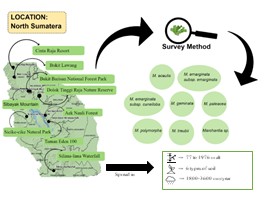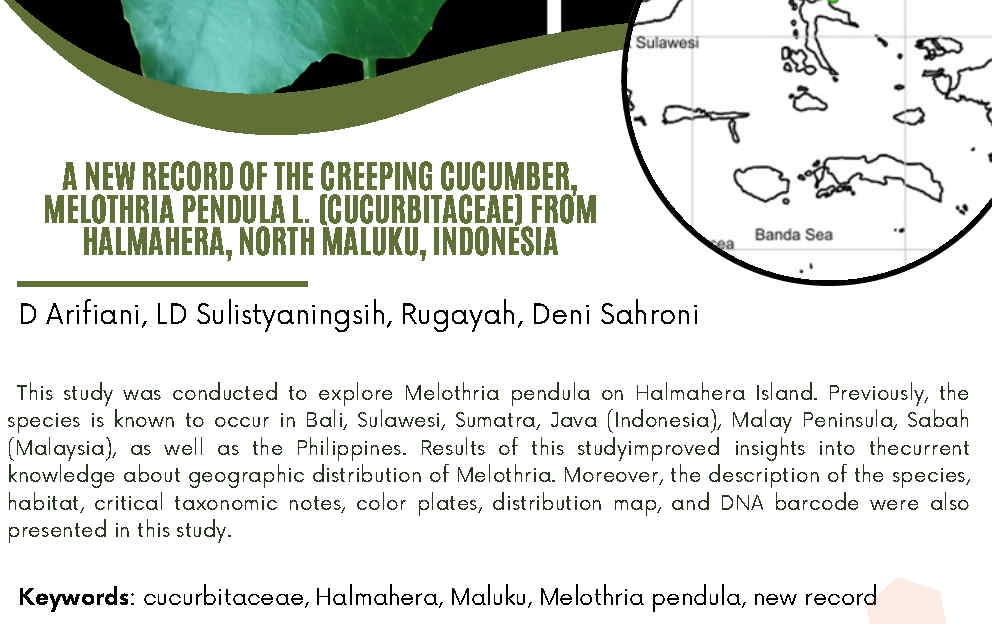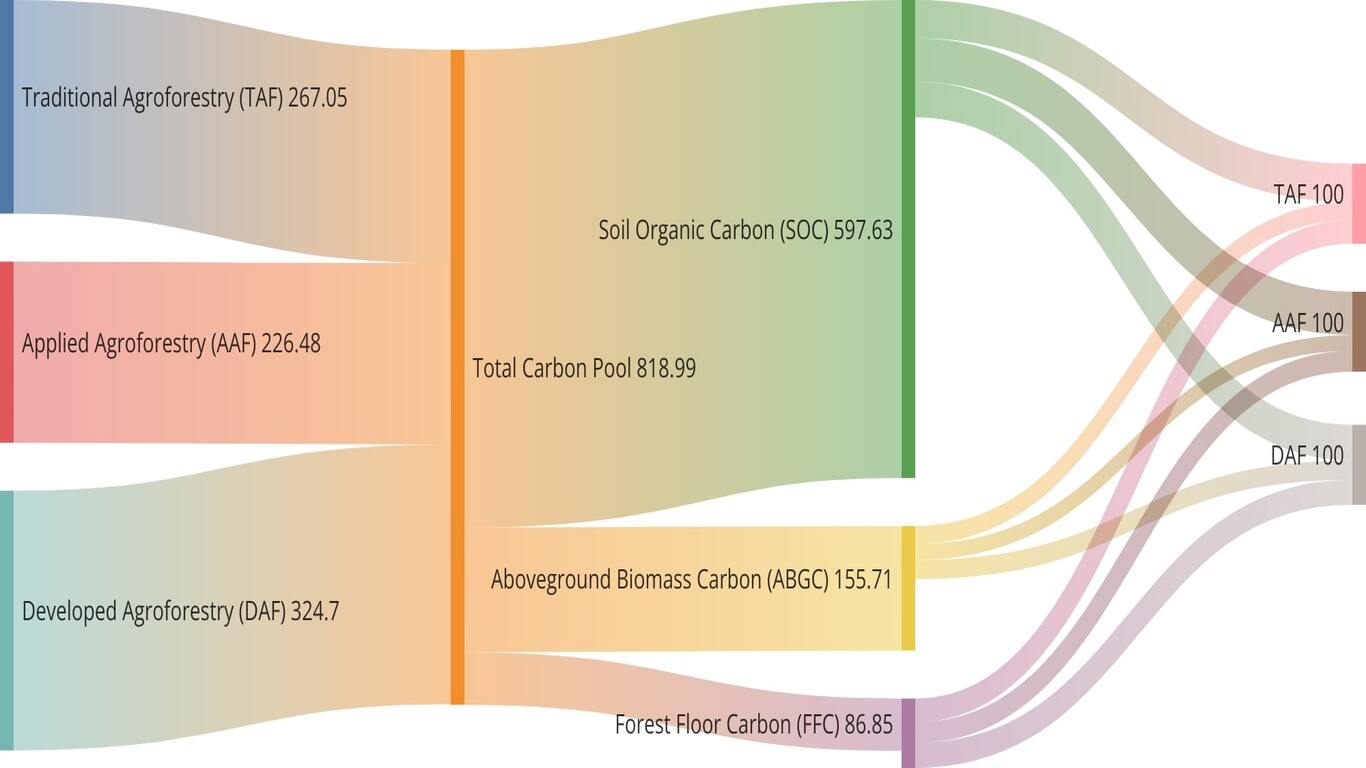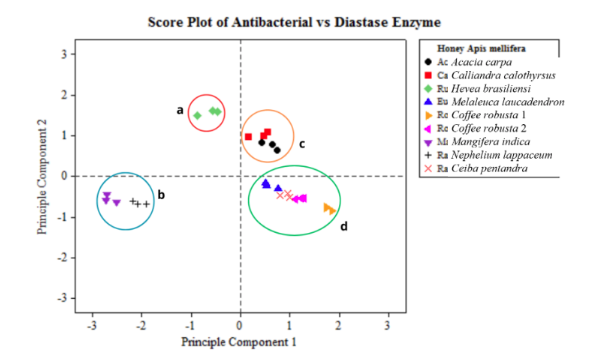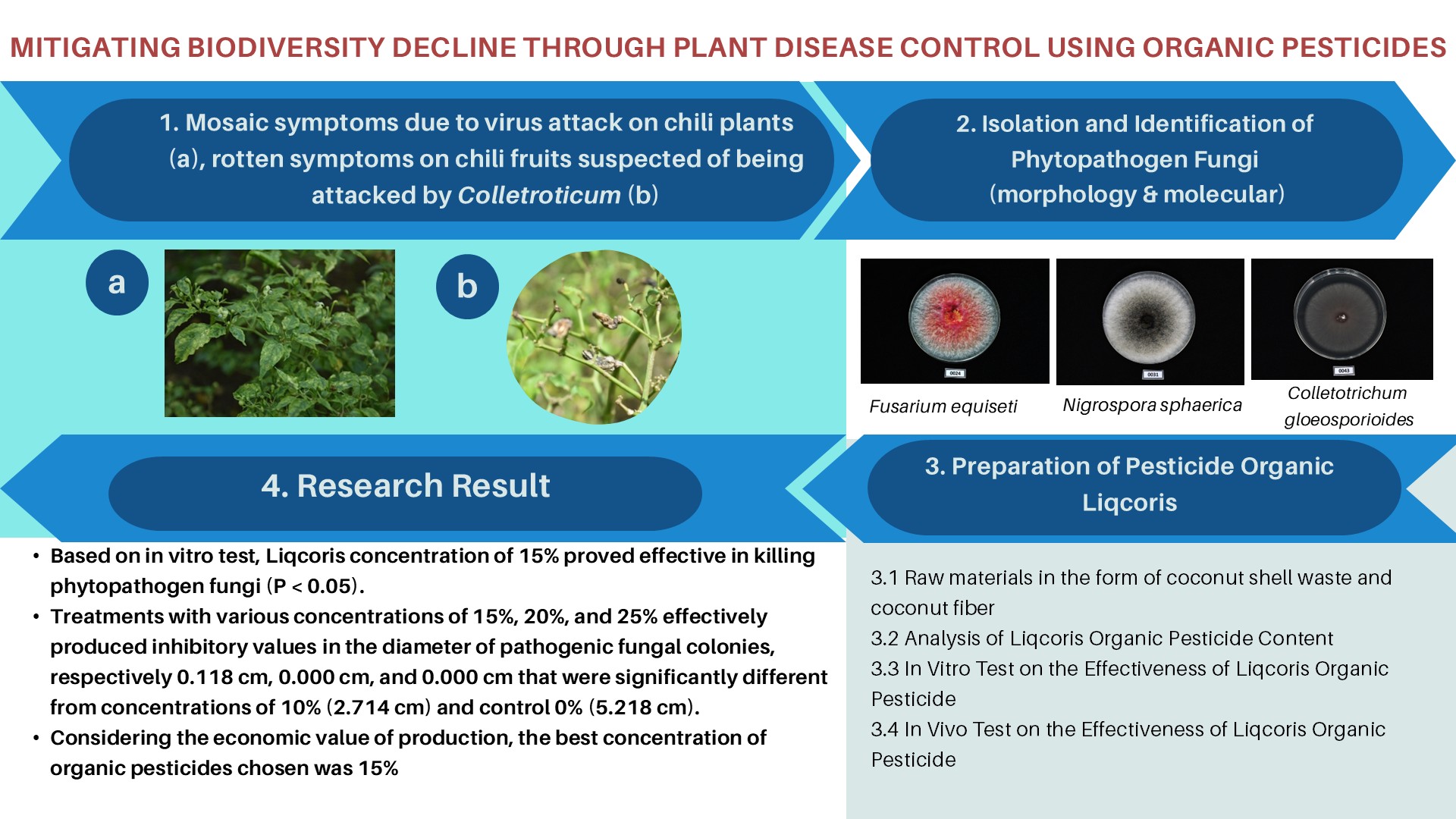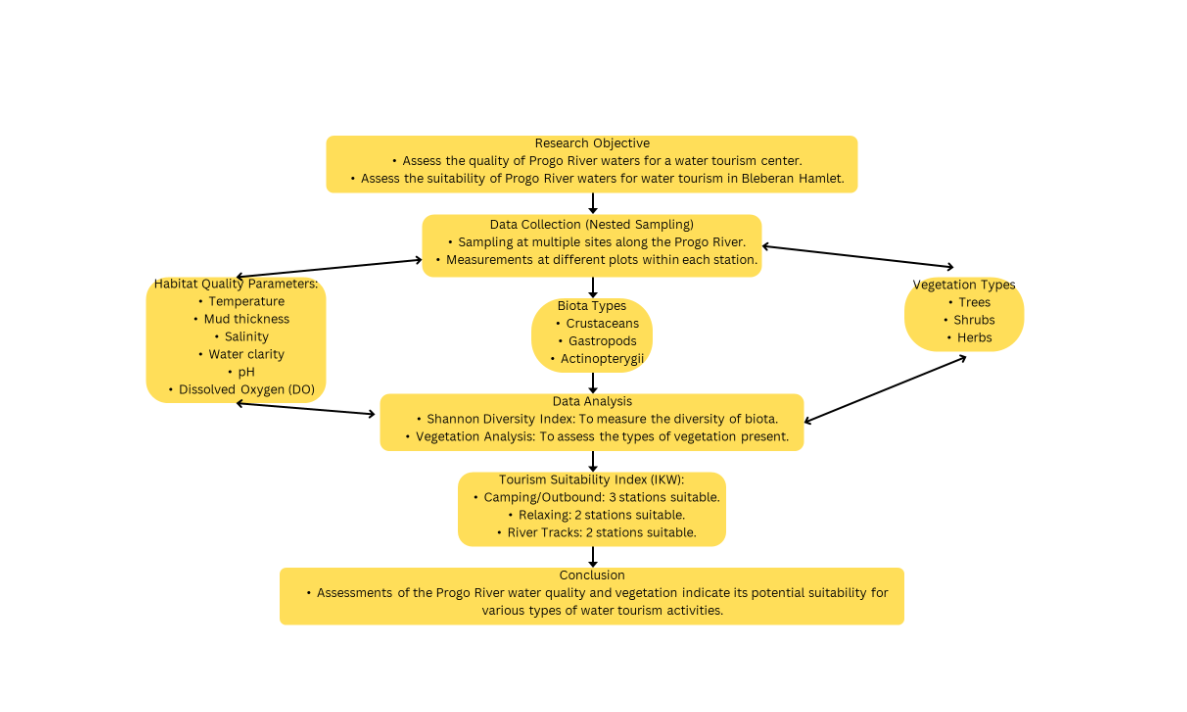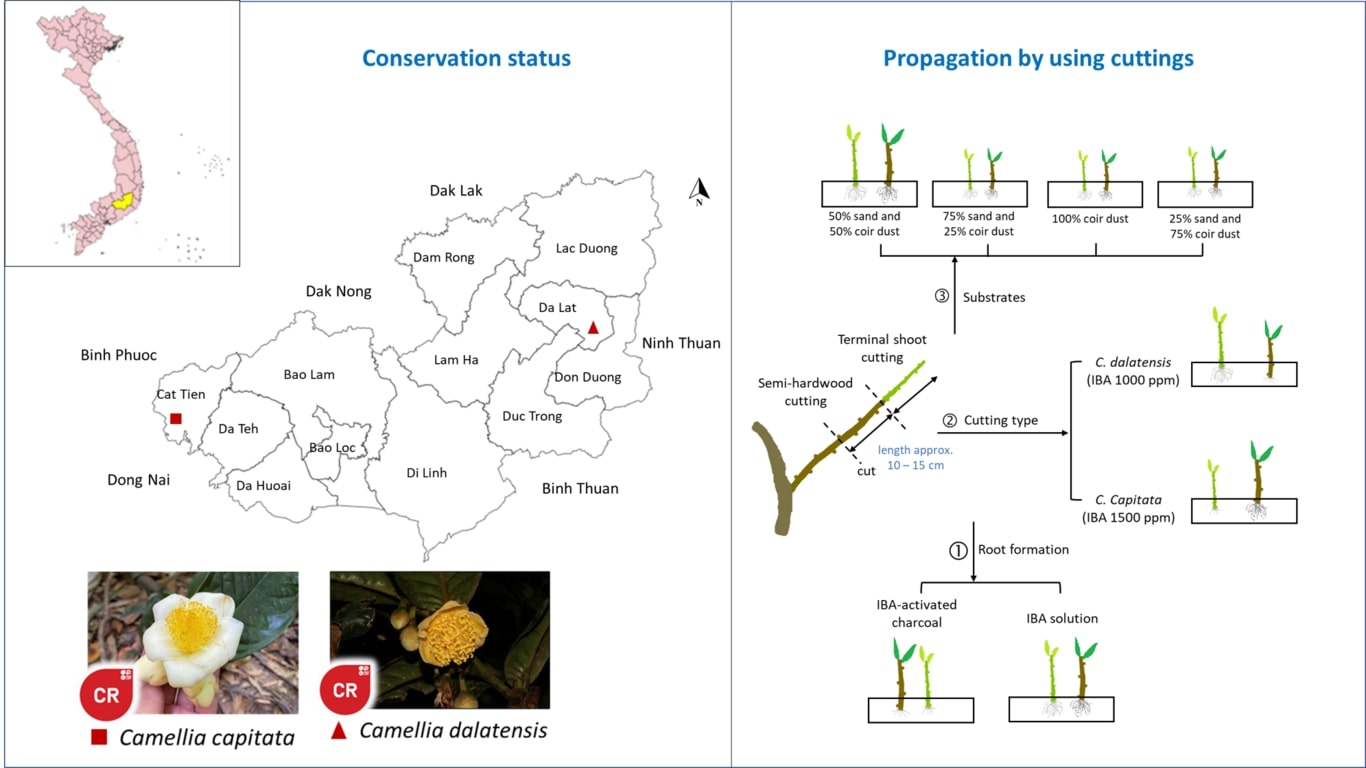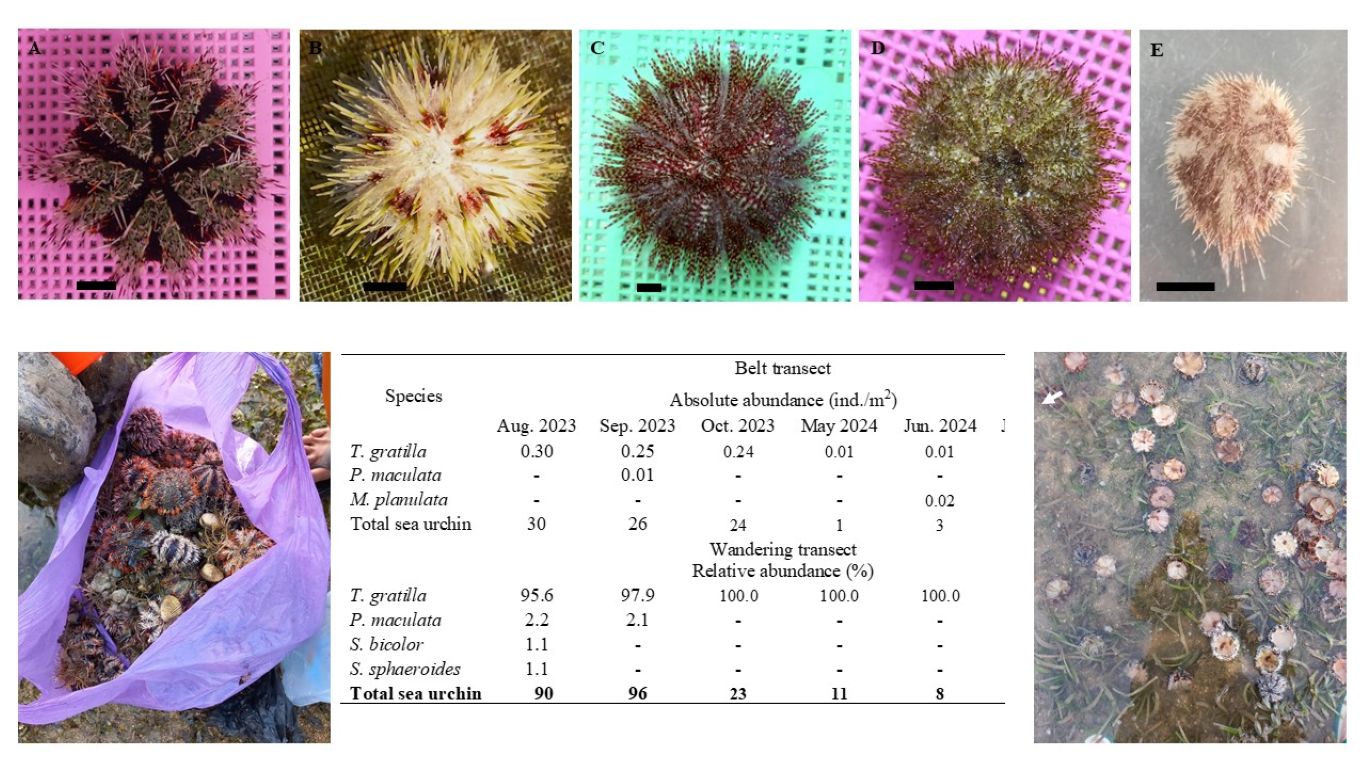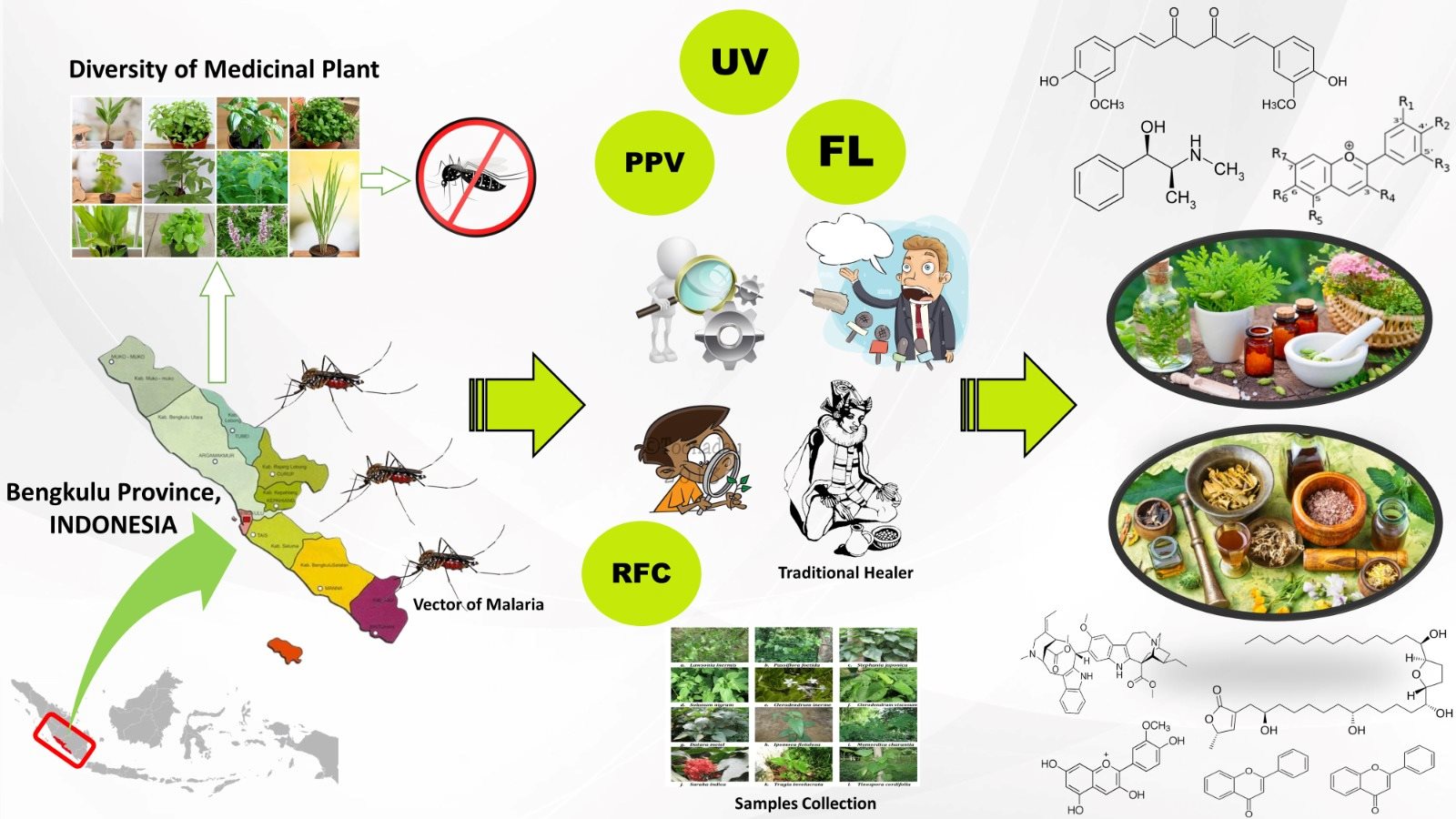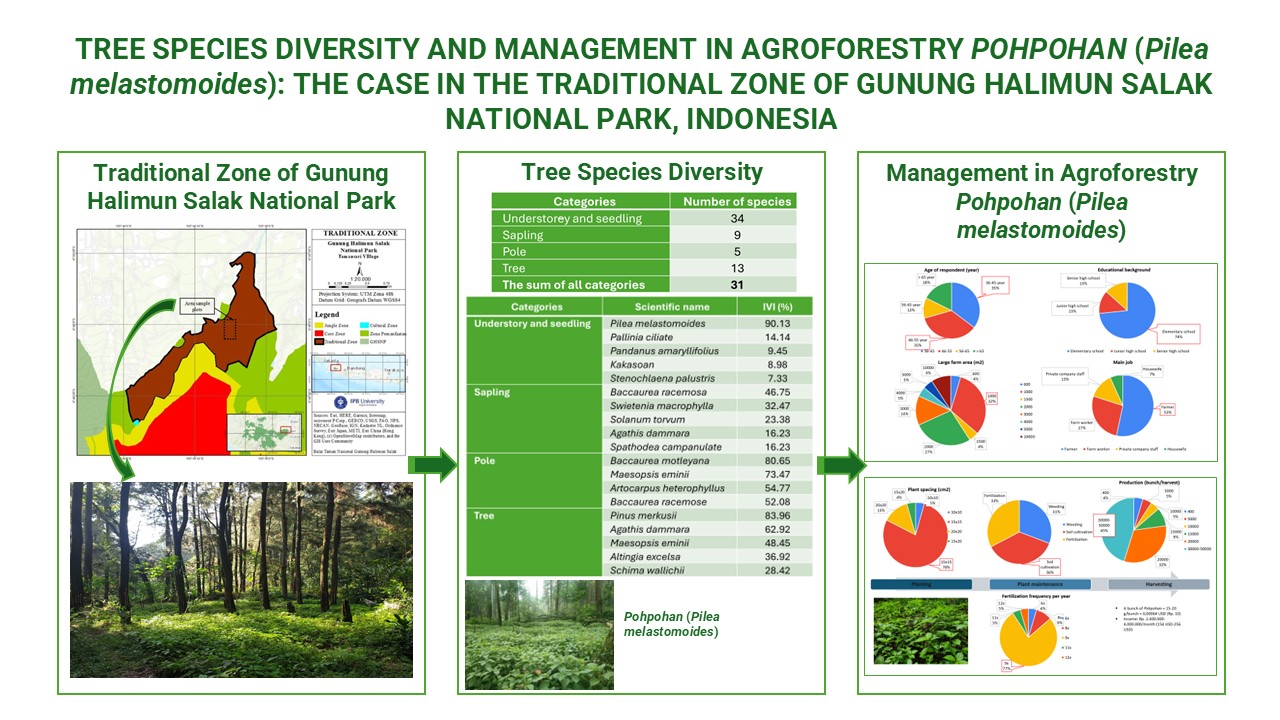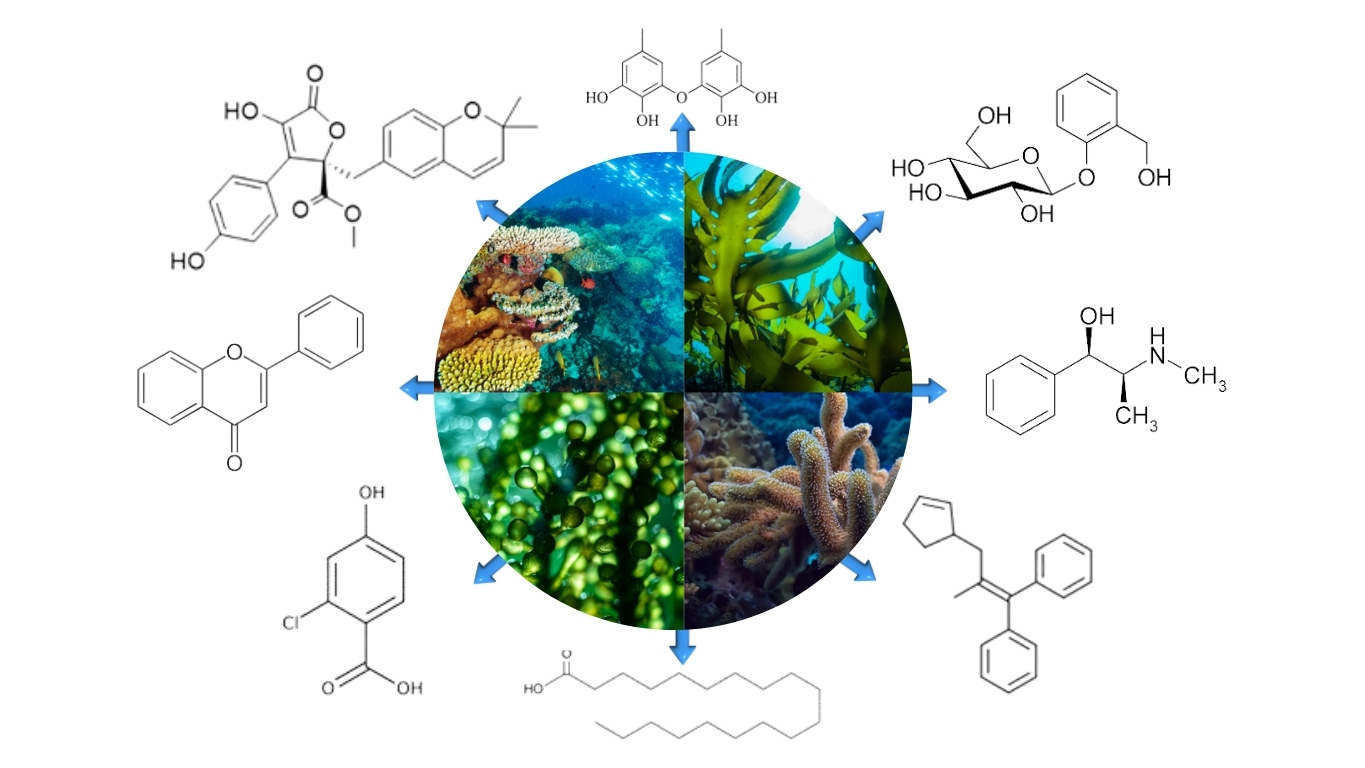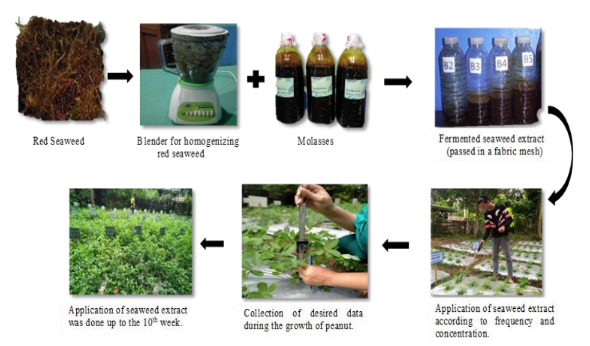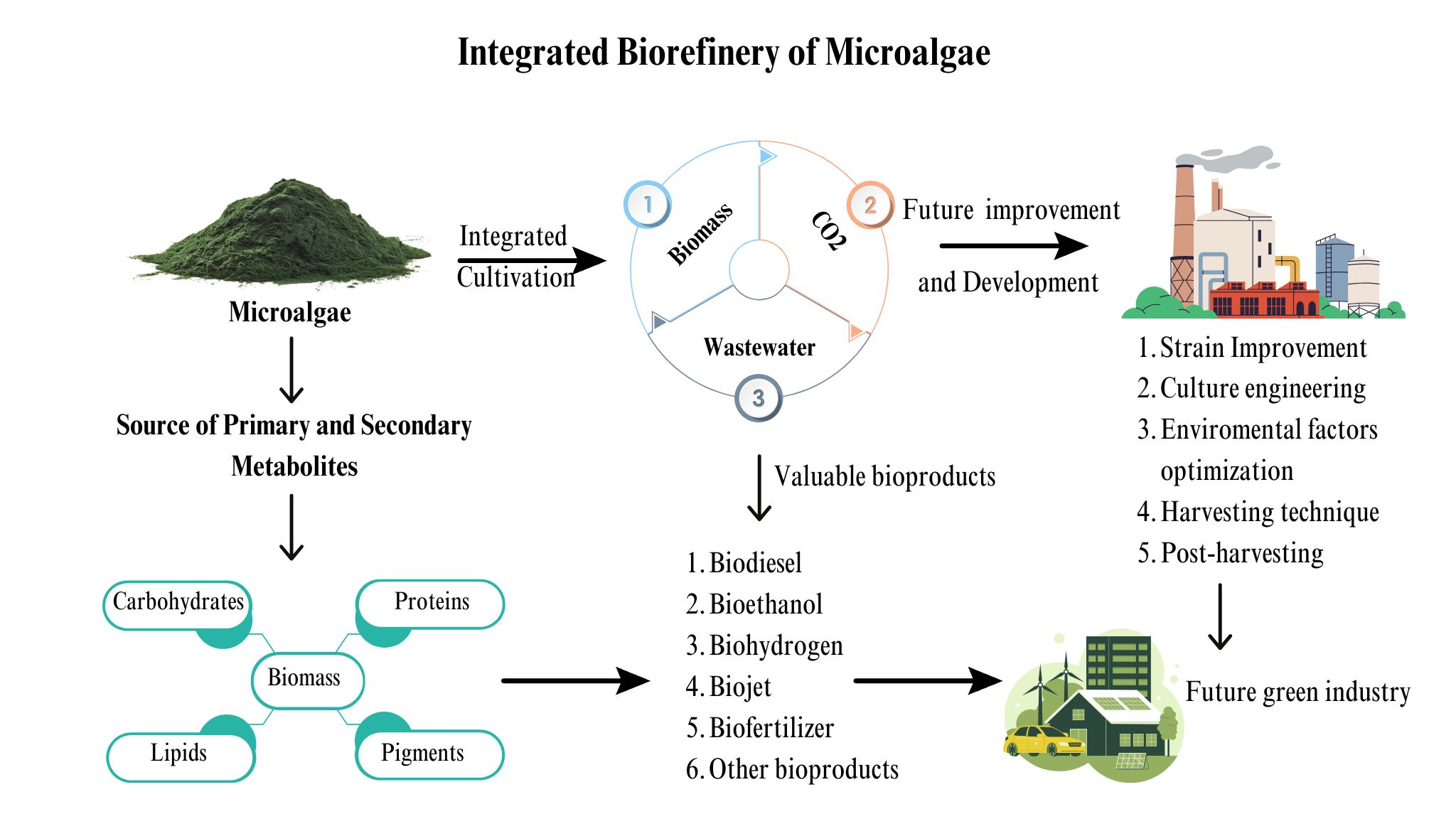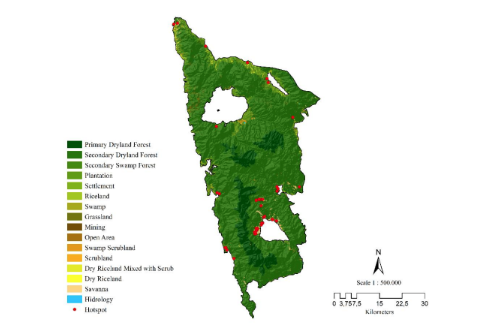IN VITRO CONSERVATION OF COCONUT (Cocos nucifera L.) EMBRYOS IN CULTURE MEDIA
No. 25 (2005)
Research Paper
November 17, 2011
Downloads
The possibility of delaying the germination of mature coconut embryos in vitro for medium-term
conservation of coconut was investigated. Embryos of coconut was stored in sugar free, full-strength and
half-strength MS media for 3 months with minimal loss in viability. Germinability of embryos decreased
with prolonged storage. At the end of 9-month storage period, embryos kept in full-strength media were
all non-germinable, while those stored in half-strength media still gave 15% germination. Addition of
mannitol up to 0.3M did show any significant effect on germination of embryos stored for 3 months.Â
However, longer period of storage helps to a certain extent in the preservation of embryo viability. The
presence of mannitol in the storage medium also induced morphological abnormalities in seedlings
derived subsequently from the stored embryos. Mannitol at 0.4M was totally deleterious to the embryo.Â
Significance of these findings on coconut genetic resources conservation are discussed.
Â
Keywords:Â In vitro conservation/Coconut embryo.
SUKENDAH, S., & CEDO, M. L. O. (2011). IN VITRO CONSERVATION OF COCONUT (Cocos nucifera L.) EMBRYOS IN CULTURE MEDIA. BIOTROPIA, (25). https://doi.org/10.11598/btb.2005.0.25.210
Downloads
Download data is not yet available.
Authors who publish with this journal agree with the following terms:
- Authors retain copyright and grant the journal right of first publication, with the work 1 year after publication simultaneously licensed under a Creative Commons attribution-noncommerical-noderivates 4.0 International License that allows others to share, copy and redistribute the work in any medium or format, but only where the use is for non-commercial purposes and an acknowledgement of the work's authorship and initial publication in this journal is mentioned.
- Authors are able to enter into separate, additional contractual arrangements for the non-exclusive distribution of the journal's published version of the work (e.g., post it to an institutional repository or publish it in a book), with an acknowledgement of its initial publication in this journal.
- Authors are permitted and encouraged to post their work online (e.g., in institutional repositories or on their website) prior to and during the submission process, as it can lead to productive exchanges, as well as earlier and greater citation of published work (See The Effect of Open Access).









